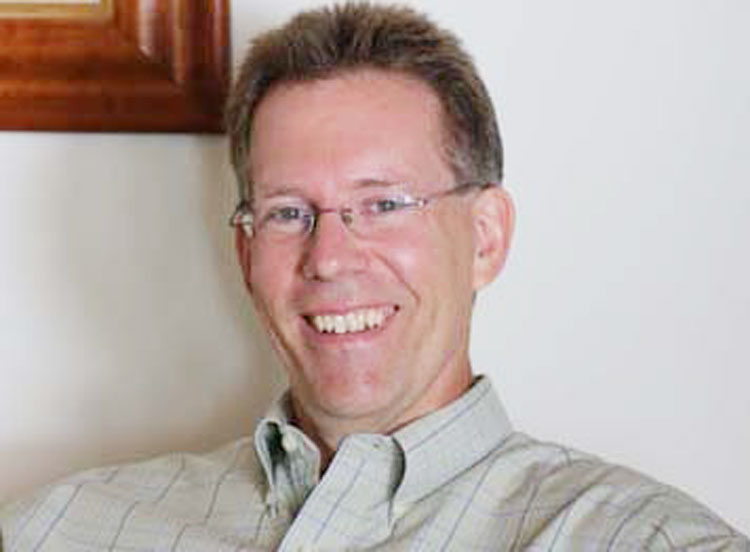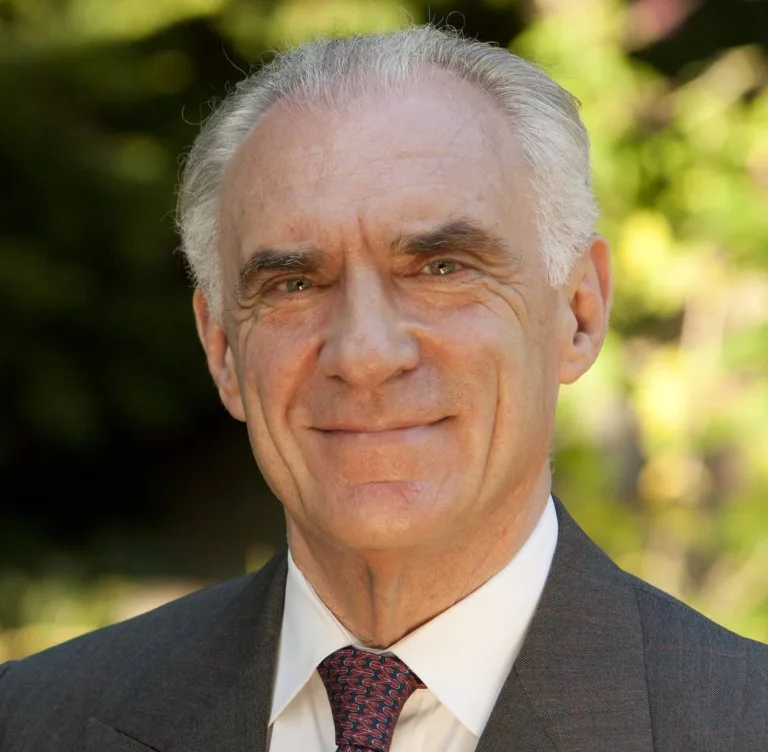
By Drew Williams
The train finally pulls into Grand Central Terminal, 20 minutes behind schedule. You’ll have to move quickly if you’re going to get to your important lunch meeting on time.
As you exit the building, you discover that it has now started to rain hard and you did not bring an umbrella. Standing in the pouring rain, you attempt to flag down a cab and as you search your coat pocket for your cell phone and some cash, you realize that you have left your wallet on the kitchen counter. You breathe a sigh of relief as you find a $20 bill in your back pocket.
But in your multi-tasking attempt to flag down a cab and call your appointment with the news that you are running late, you drop your cell phone in a river of flooded water that is becoming a torrent rushing past the sidewalk. You decide that this is the worst day of your life. Fishing around in the dirty water to retrieve your cell phone, with its now cracked screen, you catch sight of someone in the periphery of your vision. He too is crouching to get out of the rain and in his hand is a cardboard sign upon which is scrawled a simple message. The crude lettering is streaked with rainwater, but the message is still visible: Have not eaten in two days. Can you help?
Simultaneously, you have three thoughts: 1) I am glad that I have not made eye contact, 2) He looks young. Why doesn’t he have a job?, and 3) If I give him this $20 bill, I will have to walk two blocks in the pouring rain. So, what do you do?
A church that I know of deliberately set itself just this dilemma. The chairman of the church board donned dirty clothes and a big hat, dirtied his face and hands, and sprinkled whiskey on the clothes. Deep in disguise, he sat on the front steps of the church, just before the start of the morning service, to see what would happen. He was overwhelmed with the response. Immediately he was invited in and offered a clean change of clothes, a meal and all sorts of help. During the service, he came to the front, threw off the disguise and reported to the church members how well they had done. As he was speaking and as they were congratulating themselves, a stranger appeared at the back of the church—dirty clothes, smelling of cheap liquor, huddled by a heater for warmth. Later they said that they realized that they had passed the dress rehearsal and now it was the real deal. This man was overwhelmed by their kind response. And more than that, his presence amongst them and their sense of God’s testing launched a whole new ministry to the homeless that has since helped many, many people in desperate circumstances. They must have been relieved they made the right call that morning!
In his teaching about the sheep and the goats (Matthew 25: 31-46), Jesus communicated that there will be eternal consequences for the choices we make. Get it right and we follow the way of the “sheep” (“Come, you who are blessed by my Father; take your inheritance…”—verse 34). To get it wrong is to go the way of the goats—what C.S Lewis calls “the other thing.” This is Jesus saying that we are going to be held directly accountable for something that we might not even notice or recognize. (“Lord, when did we see you hungry or thirsty or a stranger or needing clothes or ill or in prison, and did not help you?”—verse 44).
Where is the love of God in the whole sheep and goat thing? Where is the grace of God in that? To which Jesus is saying: Well, where is there grace in any of us walking past the sick, the hurting, the poor, the prisoner, the destitute or the hungry — without a second look? Where is the grace in us concluding that it is okay to ignore people who are suffering because we are stronger and better fed than they are?
And after all, Jesus’ instructions in this teaching are very straightforward: welcome the stranger, feed the hungry, give the thirsty something to drink, tend to the sick and visit the prisoner. So, what do you do?
Well, you could try to dial it down. The first response might be to say: Well, when Jesus said this He did not really mean it literally. He’s just stirring us up a bit. Let’s give that a fancy theological name to satisfy our intellectual pride and call it “rabbinic hyperbole”—a little bit of ancient near-eastern sensationalism to catch our attention and make us think! Yes, that’s what we’ll call it. Except that it is not rabbinic hyperbole. What Jesus is describing here is the shape of God’s heart. “There will always be poor people in the land. Therefore, I command you to be open-handed towards your brothers and towards the poor and needy in your land” (Deuteronomy 15:7). And it’s a heart that we find throughout the whole Bible.
So, what standard of care toward the poor is going to make me fit for the afterlife? Jesus is again offering very little comfort here when He tells us that the standard is perfection: “Be perfect, therefore, as your heavenly Father is perfect” (Matthew 5:48). And “Jesus answered, ‘If you want to be perfect, go, sell your possessions and give to the poor’” (Matthew 19:21).
Which brings us to the second response: dialing it up. We say, Well, if this is what it is going to take, then I had better get on with this. And so, in our own strength, we begin to take on the world. The problem is that this is way beyond us and we end up with an unsustainable counterfeit version that ultimately leads us to any number of reactions: overwhelmed, disappointed, burned out, apathetic. Or we may even become legalistic or self-righteous. We recognize that perfection is out of reach and apathy is not an option—and yet we are still called to this standard of excellence. So, what do you do?
What is left for us is to step into a process of transformation. This begins with our acknowledging our own poverty—we simply cannot do this on our own strength. We do not have the moral strength to do this. This is about recognizing our powerlessness to change ourselves or this world in our own strength. And from that place, this is about coming to the Cross of Jesus Christ. We willingly submit ourselves to the Holy Spirit to be transformed into the image of Jesus who is perfect. And we accept that this is a process.
In this place of willing submission, we are transformed into the likeness of Jesus. “And so we, who with unveiled faces all reflect the Lord’s glory, are being transformed into His likeness with ever-increasing glory, which comes from the Lord, who is the Spirit” (2 Corinthians 3:18). And this is a process that is mapped out one heart-breaking step at a time. If we are to assume God’s heart for this hurting world, then we need to allow our own hearts to be broken. This means putting yourself in a position where your heart can be broken. This is about giving sacrificially—time and resources. This is about praying, Lord, show me where You are today.
Finally, it is about having faith that, together, in the power of God, we can make a difference. The problem is when we read the Bible and it says “you” we have a tendency to take it as “me” when we should take it as “we.” In God’s power and leading, we are supposed to work together in this. “We” is community. And because of Jesus, because of the Cross, we are on a trajectory that says that the heart of God will prevail. Equity, compassion, beauty, peace, hope and justice will all prevail—despite what we see and despite what we don’t see, because of Jesus and because of the Cross. Love has and will conquer all.
The Rev. Drew Williams is senior pastor of Trinity Church in Greenwich.





